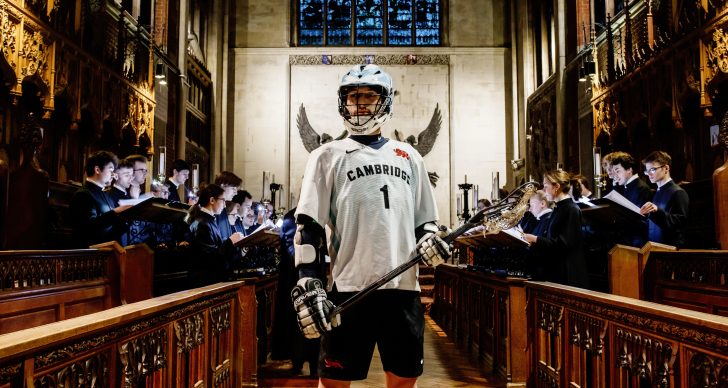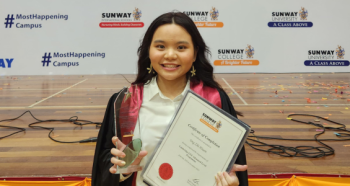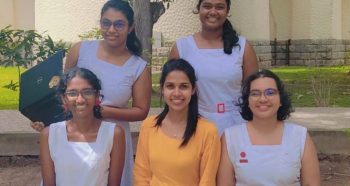Featured photo credit: Elodie Giuge Photography and University of Cambridge Sport
As we launch our new Physical Education (PE) curricula for Cambridge Primary and Lower Secondary learners, we were interested to read some recent research from the University of Cambridge Sports Service showing a link between sport and improved academic results.
The Sport and Academic Performance Report 2019 compared the exam results of undergraduates who had represented the University in their sport with those who had not. The research analysed the results of over 4,000 students and found that 28.4 per cent of undergraduate sportspeople gained first class results, compared to 23.7 per cent in the University as a whole. The percentage of upper second results was also higher (achieved by 63 per cent of sportspeople compared to 51.8 per cent of other undergraduates), which of course also meant that the University’s sporting students were awarded fewer than average lower second and third class passes. Individual sportspeople interviewed for the research also noted how physical activity was an important release from academic studies, improving their mental health and also helping them develop valuable social networks.
The University’s research adds to the findings of the 2018 British Universities & Colleges Sport Active Students Survey. One of the survey’s key conclusions was that physical activity improves personal and mental wellbeing, social inclusion, perceived academic attainment and employability. In the survey, over 50 per cent of graduates said that their sporting involvement had helped their teamworking and leadership skills, while 94 per cent of employers identified a clear link between participation in university sport and the valuable strengths and skills they look for in potential employees.
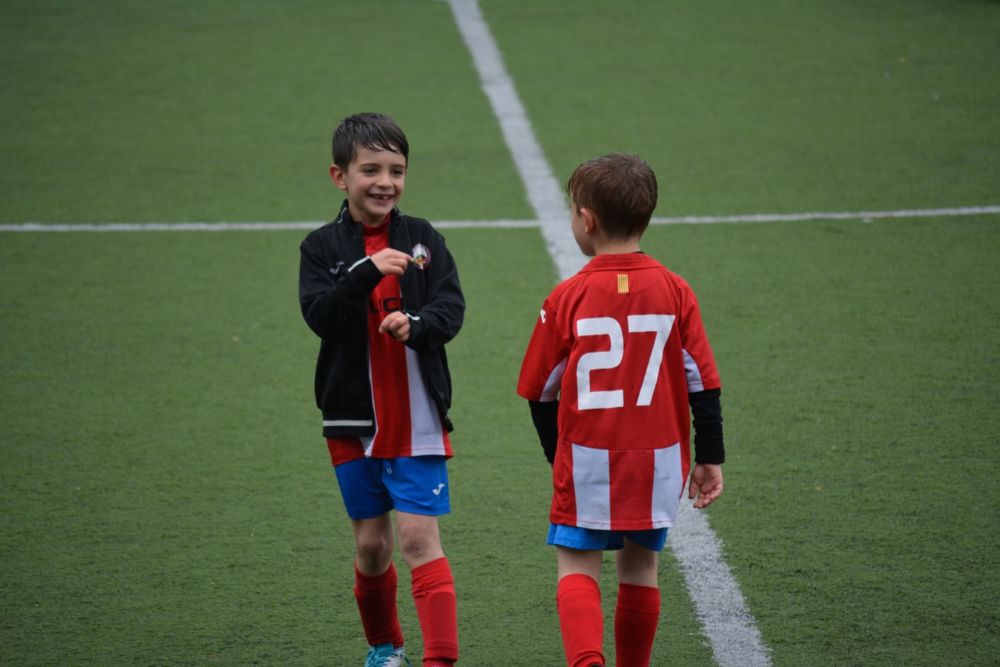
Establishing healthy foundations
While Cambridge Primary and Lower Secondary learners may only be at the start of their academic journey, it is no less important for them to access the positive benefits that regular physical activity can deliver – which brings us back to our new PE curricula. The Cambridge view is that an early, structured introduction to the benefits of physical activity will help students of every ability – not just talented sportspeople – to develop healthy patterns that can last a lifetime. Both of our PE curricula develop movement skills while also encouraging creativity, collaboration, leadership and responsibility. We also want our younger learners to understand the positive impact that a healthy lifestyle can have on their wellbeing.
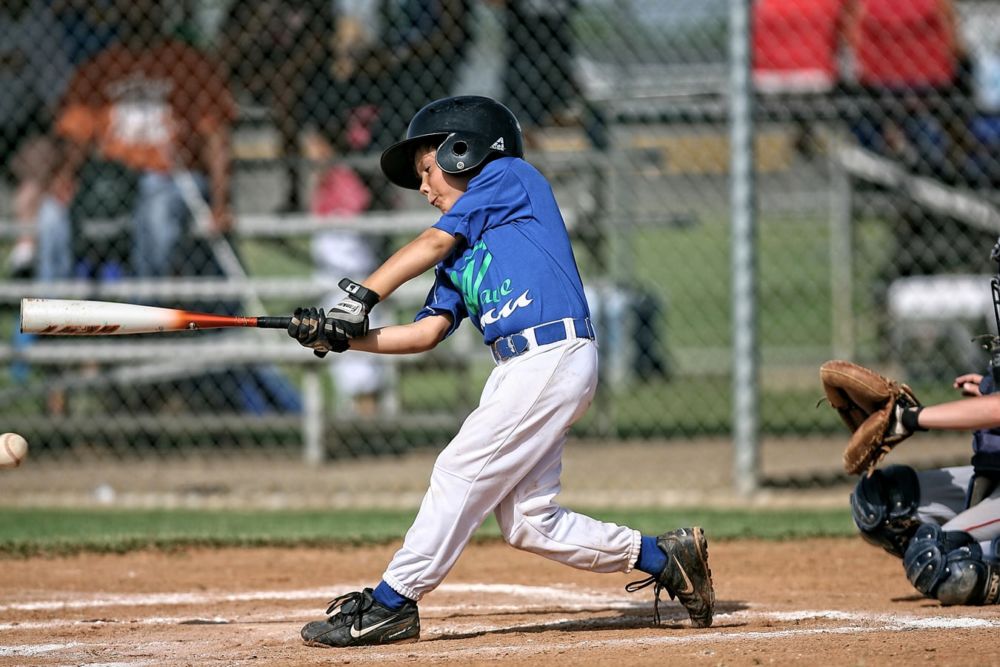
Resources for schools
We know that many Cambridge schools – both local and international – will already be teaching PE, but our new curricula give teachers access to a wealth of extra resources, including schemes of work with lots of lesson ideas, that will also help learners progress along the Cambridge Pathway to the Upper Secondary level.
In fact, PE is one of four new subjects that we are launching in September 2019, also adding Art & Design, Digital Literacy and Music to the Primary and Lower Secondary curricula. As a result, Cambridge schools will now have 10 Primary and Lower Secondary subjects to choose from, helping them deliver a broad, balanced and culturally sensitive programme of teaching that can also be tailored to the needs of their learners.
Our new PE curricula will be available to Cambridge schools, free of charge, from September 2019, and curriculum frameworks, teachers guides, schemes of work and assessment guidance can all be accessed via the Cambridge Primary and Lower Secondary support sites.
Co-author: Diana Pressley
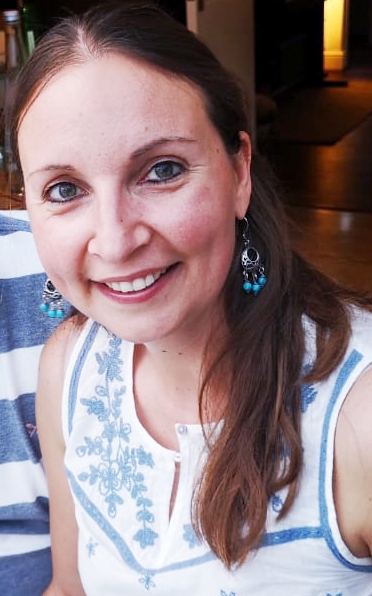
After 15 years of teaching experience joined Cambridge Assessment to work with Ministries on improving schools in relation to teaching and learning and using Cambridge programmes in Cambridge schools. She has managed development of several curricula across various projects, including all curriculum related documents for Primary and Lower Secondary Physical Education.


